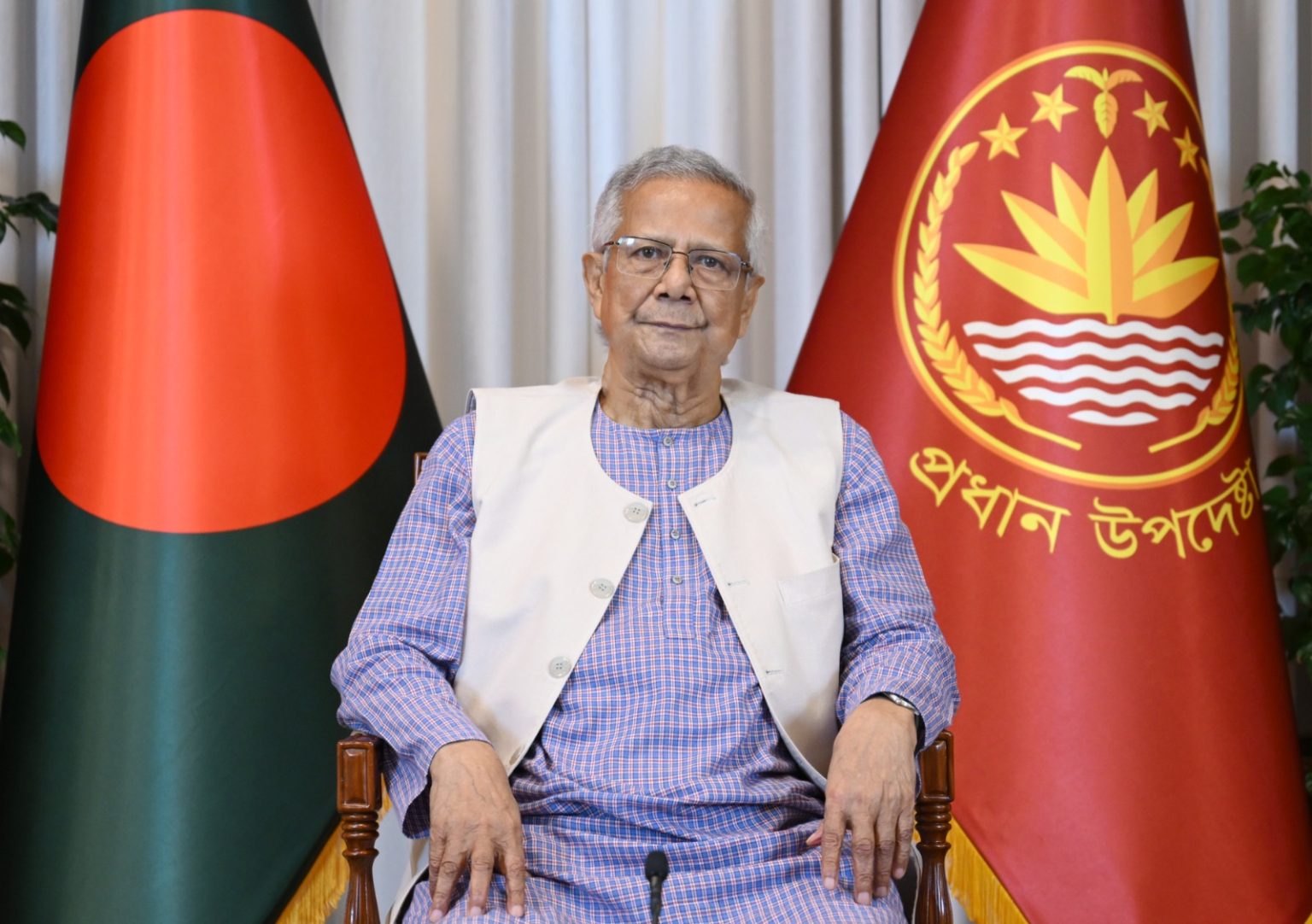Interim Government of Bangladesh marked its first year in office this week by releasing a summary of twelve major achievements, citing progress in political stability, economic recovery, institutional reforms, and foreign relations. The government said that the past year has been defined by efforts to restore order and implement long-term national reforms following the unrest of 2024.
The announcement was made in a Facebook post on Thursday by Shafiqul Alam, press secretary to the Chief Adviser, outlining what the administration describes as its most significant milestones under the leadership of Chief Adviser Professor Dr Muhammad Yunus.
According to the statement, the government’s most significant success has been the restoration of peace and stability following last year’s July Uprising. The post credited Dr Yunus for playing a central moral leadership role in steering the country toward reconciliation and preventing a descent into political violence or revenge cycles.
On the economic front, the government claims it has reversed a severe downturn, bringing food inflation down from around 14%, reducing overall inflation to 8.48%, the lowest in nearly three years. Remittances hit a record high of $30.33 billion, exports rose 9%, and the Bangladeshi Taka appreciated against the US dollar for the first time in years. Banking sector stability also reportedly improved.
The government also reported substantial gains in trade and investment, including the successful conclusion of tariff negotiations with the United States and a $250 million investment by the Handa Group in the textile sector, expected to generate 25,000 new jobs. Foreign direct investment (FDI) has reportedly doubled compared to the previous administration, with increased interest from Chinese investors.
In terms of democratic reform, the government finalised the “July Charter” after consultations with more than 30 political parties. The Charter aims to prevent the return of authoritarianism and establish structural accountability through reforms and consensus-building.
Accountability for the July–August violence has also been a focus, the statement said, with four major trials already underway. This includes the ongoing trial of former prime minister Sheikh Hasina. The government has framed these efforts as steps toward justice and the rule of law.
A detailed election roadmap has also been announced, setting February 2026 as the date for national elections. Reforms include provisions for expatriate voting, participation by new and women voters, and enhanced citizen feedback through digital platforms. A large deployment of security forces is planned to ensure peaceful polls.
In the area of institutional and legal reforms, the statement highlighted an independent judiciary, police reforms such as human rights cells and bodycams, and significant amendments to the Code of Civil and Criminal Procedure. A new ordinance now guarantees lawyer access and medical safeguards within 12 hours of arrest.
Progress has also been made in press freedom and internet rights, with the repeal of the Cyber Security Act and dismissal of all journalist-related cases. Internet access has been declared a fundamental right for the first time in the country’s history.
On the foreign policy front, the government claims to have moved away from a single-country dependency, engaging with multiple global players including the US, China, and EU. It has made efforts to revive SAARC and secure ASEAN membership, positioning Bangladesh as a more balanced and proactive regional actor.
Migrant worker rights have seen improvements, including the resumption of UAE visas, new multiple-entry permits from Malaysia, and expanded work opportunities in Japan, South Korea, Italy, and Serbia.
The government also detailed its support for those affected by the July Uprising. Families of 775 martyrs received nearly Tk1 billion in savings certificates and allowances, while 13,800 injured individuals were granted Tk1.53 billion in aid. Severely wounded persons were sent abroad for treatment and rehabilitation.
Finally, in maritime and infrastructure development, the Bay of Bengal has been declared a national priority for a future water-based economy. Container handling at Chattogram Port has reportedly increased by 225 units daily, while coastal development, deep-sea fishing, and industrial expansion projects have been initiated in collaboration with international partners.
The press secretary’s statement positions these developments as signs of a government capable of both restoring order and enacting long-term reforms.


